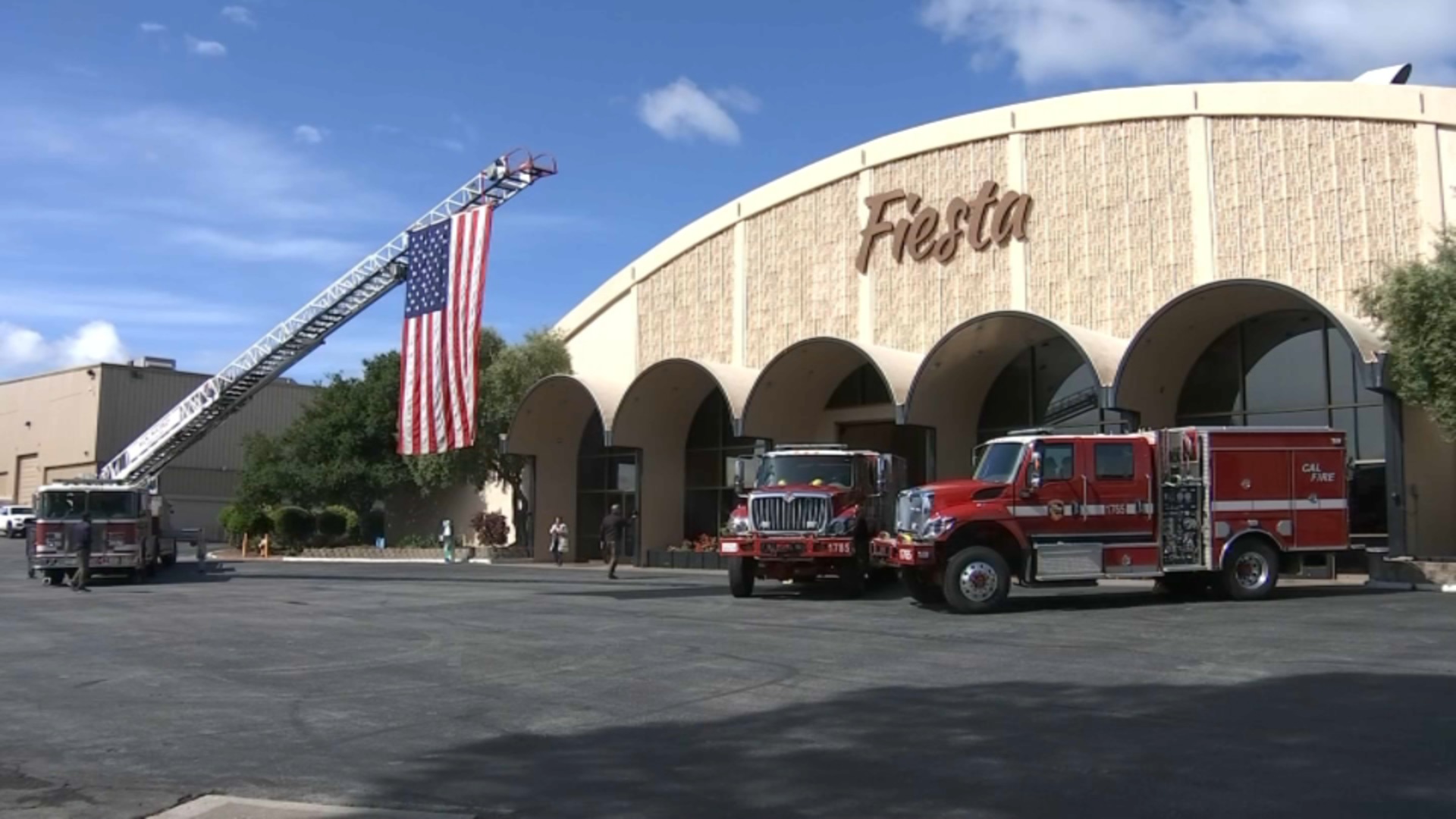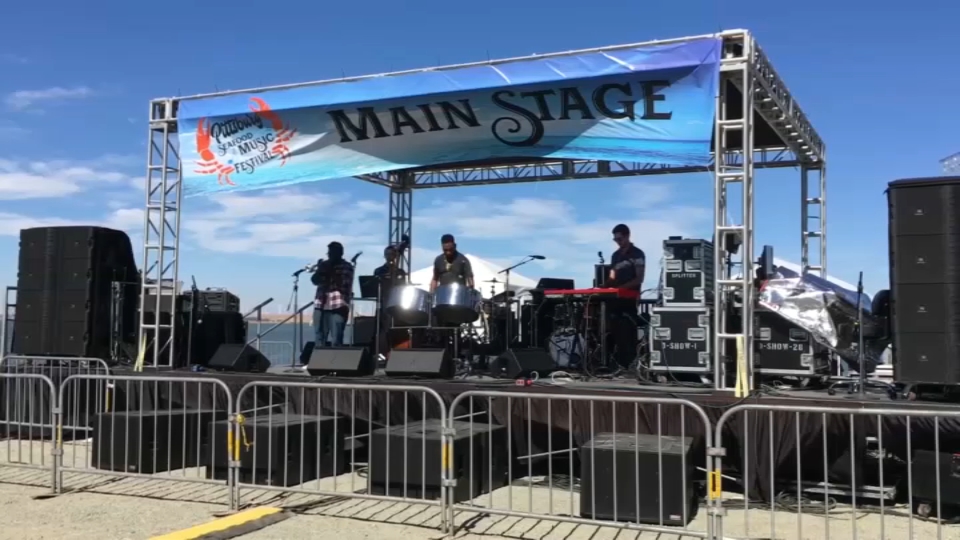
On a busy San Francisco street in the broad light of day, Yuanyuan Zhu was harassed and spit on by a stranger simply for being Asian in the midst of a global pandemic caused by what the president of the United Stats calls the "Chinese virus."
Zhu had just been dropped off near the corner of Van Ness Avenue and Geary Boulevard when a man walking past her on the sidewalk shouted "f*** China" while staring directly at her.
She immediately thought to get away from him by crossing the street, but there were too many cars and the light was against her.
Instead she tried to keep her distance, hoping that was the end of his outburst.
But as a bus rolled past, the man again yelled out, this time screaming at the driver to "run them all over," Zhu said.
He turned to her and she knew it was coming.
"Please don't," she said.
Local
"Right after I said that, he spit on me," Zhu said. "I didn't really know what to do."
Zhu made it to the safety of her nearby gym before the man was able "to do something else," she said, but the experience left her shaken, terrified.
And while she's experienced overt racism in the past, Zhu says the environment that's emerged in the wake of the novel coronavirus is particularly hateful.
"Lots of people around me have encountered this same thing recently," she said, noting that many of her friends now fear wearing the now-ubiquitous protective face masks for fear of being singled out as Asian and potentially sick.
"I'm angry and sad and don't know what to do," she said. "It's getting really, really crazy."
Zhu is grateful, however, for a new Internet-based tool built to collect reports of attacks, harassment and discrimination.
In an effort to quantify and combat hate crimes targeting Asian Americans and Pacific Islanders stemming from people's reaction to the novel coronavirus pandemic, a coalition of civil rights groups has set up a web page where victims can report such incidents.
Since the December outbreak of the virus in Wuhan, China, the infection has grown to more than 207,000 confirmed cases and more than 8,500 deaths worldwide, according to numbers reported Thursday by the World Health Organization.
As the COVID-19 disease continues to spread with alarming rapidity, countries all over the globe are taking drastic measures to slow its growth and in many places, including the Bay Area, people are responding by panic-buying food and hoarding household supplies.
A more sinister trend, however, also appears to be emerging: violence and harassment directed toward people of Asian descent living in the United States.
In a particularly harrowing case, a Los Angeles boy was recently attacked at his middle school and accused of having the coronavirus, according to the "Stop AAPI Hate" webpage set up by three organizations -- the Asian Pacific Policy and Planning Council, Chinese for Affirmative Action and the Department of Asian American Studies at San Francisco State University.
"We are currently providing support to a child who had to go to the emergency room after he was assaulted and accused by bullies of having the coronavirus, and so that tells us we may need to work with schools to address shunning and school bullying but we need to know how widespread it is," said Manjusha Kulkarni, executive director of A3PICON.
The website hosts a form that people who have experienced similar incidents can fill out and includes information such as the victim's ethnicity, the location and date of the incident, the type of discrimination and the suspected reason for it.
The information will help advocates push for stronger protections for Asian American and Pacific Islander populations, develop public education campaigns and provide resources to victims of attacks and discrimination, according to a Thursday news release announcing the new website.
Kulkarni's concerns were echoed by a bevy of elected officials from around the Bay Area and throughout the state, several of whom blamed President Donald Trump for fueling anti-Asian sentiment with his recent comments labeling COVID-19 a "Chinese virus."
"COVID-19 is a public health issue, not a racial one. Calling it a 'Chinese virus' only encourages hate crimes and incidents against Asian Americans at a time when communities should be working together to get through the crisis," said California Assemblyman Phil Ting, D-San Francisco.
"I encourage victims to confidentially input their encounters on the new reporting site, so we can monitor the situation and provide support to those impacted," Ting said.
California Attorney General Xavier Becerra used his Twitter account to criticize Trump's comments and his leadership Wednesday.
"In times of crisis, we need leaders who work to support all of us. A virus does not discriminate based on race and ethnicity," Becerra said. "Xenophobia has no place in our society."
Zhu, said that even though she still fears walking the streets after the attack and that she sometimes wears a hat and sunglasses so people can't easily identify her as Asian, she's thankful for the chance to report her story in a way that can have real impacts.
"I'm really happy that there is this platform for me to speak up and to raise awareness," Zhu said.
"I want people to know about this and I don't want it to happen to other people," she said.
The Stop AAPI Hate webpage can be found here: http://www.asianpacificpolicyandplanningcouncil.org/stop-aapi-hate/



